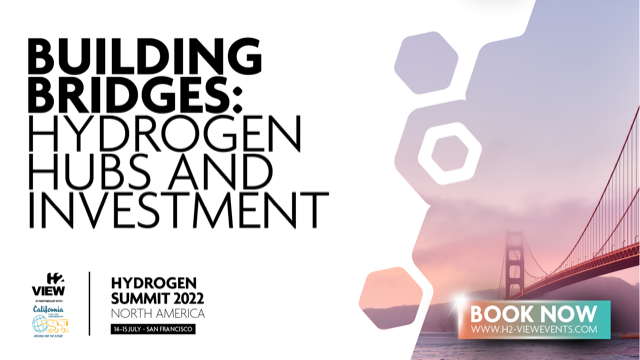TUESDAY, FEBRUARY 22 - 23 STARTING AT 11:00AM EASTERN. The U.S. Department of Energy’s (DOE) Hydrogen and Fuel Cell Technologies Office (HFTO) within the Office of Energy Efficiency and Renewable Energy and the National Aeronautics and Space Administration’s (NASA) Cryogenics Technical Discipline Team will jointly host the virtual Liquid Hydrogen Technologies Workshop on February 22–23, 2022.
The workshop goal is to address development needs for low-cost, energy-efficient, scalable, and safe liquid hydrogen generation, dispensing, and end-use. The workshop will include discussions on state-of-the-art technologies, research, development, and demonstration (RD&D) gaps, innovative concepts, safety, and analysis activities.
Agenda
Day 1: Liquefaction: Current Status and RD&D Needs (11 a.m. to 3 p.m. EST)
-
Opening Remarks/Plenary
-
Current State-of-the-Art of Hydrogen Liquefaction
-
Experiences and Lessons Learned with Liquid Hydrogen
-
Innovative Approaches to Improve Scalability and Efficiency
-
Liquid Hydrogen in Emerging Large-Scale Markets
-
Breakout Sessions
Day 2: Liquid Hydrogen Storage and Handling Infrastructure (11 a.m. to 3:30 p.m. EST)
-
Current Status of Technologies Used for Bulk Storage of Liquid Hydrogen and Boil-Off Mitigation
-
Potential Benefits and Challenges to Liquid Hydrogen Dispensing into MD/HD Vehicles
-
Current Practices to Transfer Liquid Hydrogen and Mitigate Boil-Off
-
Safety Requirements for Liquid Hydrogen Handling and Refueling
-
Materials Performance at Cryogenic Temperatures
-
Breakout Sessions
-
Concluding Remarks
To register, please visit the registration website.
